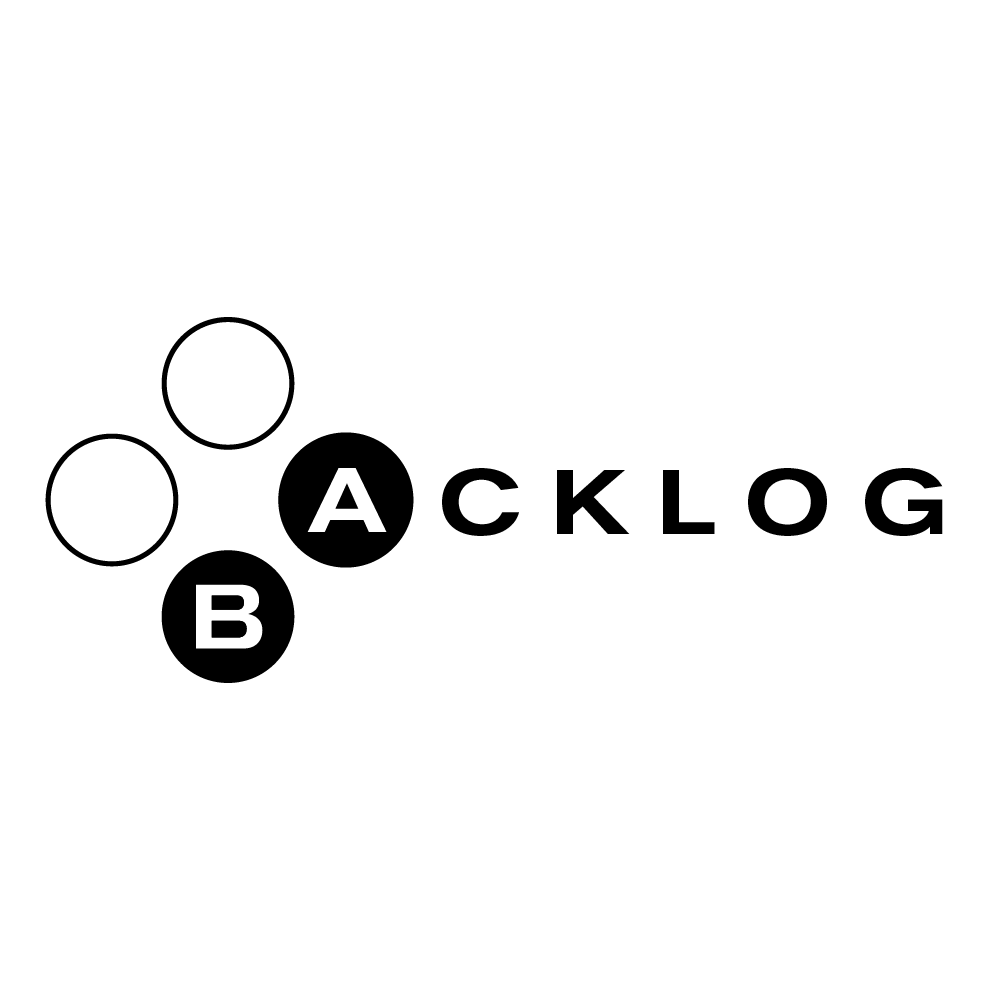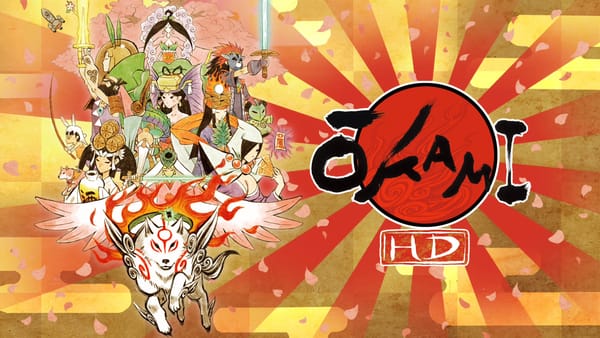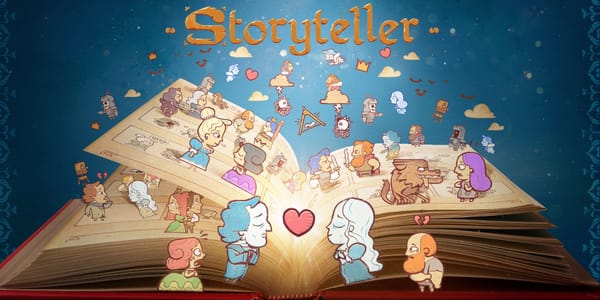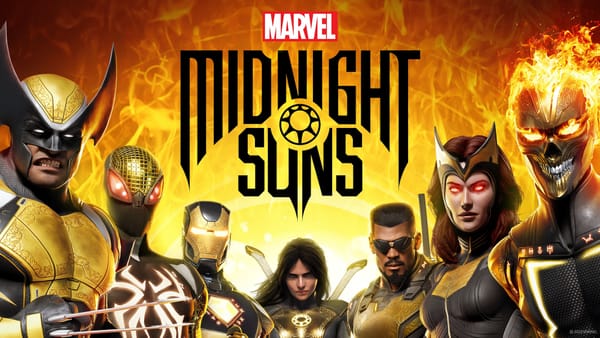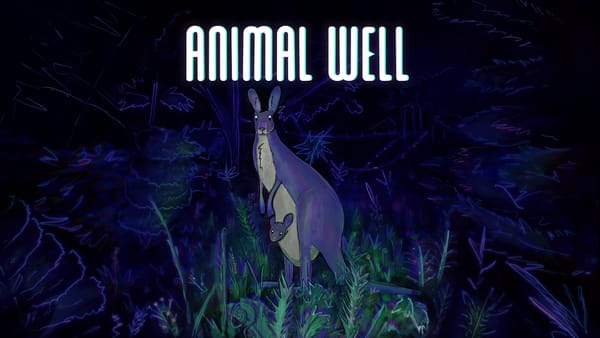Overwatch 2 and baby's first battle pass
What's $10? I don't know. Do you? Help
Overwatch 2 is Overwatch 1, although there never was an Overwatch 1, only “Overwatch,” which is what Overwatch 2 is, both in the sense that it really is the same game again, but also that no other Overwatch exists anymore, because the original Overwatch (what we’re now calling Overwatch 1) is no longer playable, downloadable, or even desirable, since Overwatch 2 both surpasses and supplants it. Make sense? No? Don’t worry. That’s capitalism, baby. Just play Overwatch 2, which is the only Overwatch you can play anymore anyway.
Put less obnoxiously, Overwatch 2 is just more Overwatch, and, honestly, I’m fine with that. Back in 2016, I put more hours into Lúcio alone than I have into some RPGs. I like shooters, and I like playing healers in games, so Overwatch was my own personal PB&J. Still, somewhere around year two, I lost interest in the game and stopped playing, though, which meant coming back to it felt a little like seeing an old friend, albeit one you know deep down isn’t good for you.
When it comes to my personal videogame purchasing history, nothing brings me more shame than remembering the time in grad school when I spent $20 on a set of loot boxes in Overwatch, failed to get the purely cosmetic skin I was after, then immediately ponied up another $20 for another set of loot boxes, which also did not contain the (again, purely cosmetic) skin I was after. And all this at a time when my income was, let’s say, not tremendous. As far as personal impulse control goes, that was a real low for me, and one I learned a valuable lesson from. Or so I thought, until Overwatch 2 launched. Despite the fact that the game was barely functional on the first day, requiring upwards of an hour to even log into, I immediately gave Activision Blizzard $10 for the new Battle Pass. What can I say? I have a problem! To make matters worse, once my accounts “merged,” all those old skins I gambled real money on in 2016 came rushing back to greet me like a millennial A Christmas Carol, but instead of being haunted by thematic ghosts, I was visited by the cursed precursors to NFTs. (That said, I’m quite pleased to still have Grill Dad 76.)
At least with the Battle Pass, I know what I’m getting. Chiefly, as someone who plays nearly exclusively support characters, getting a new healer, and one as fun as Kiriko, was a major draw. Now, having written that, I recognize that such character-gating was not part of what we are now calling Overwatch 1, and to that extent represents a regression for a series that used to market itself as running contrary to such trends in monetization, but then I also ponied up $60 for that game (plus all the money I spent on loot boxes), so in some way, the capitalistic logic still works out in the consumer’s (my) favor.
Is this how people feel about Battle Passes? A cold calculation of value? I’m new to this. I’m solidly in the games-are-art camp, but stuff like this feels more like calling Allstate than picking up the new Final Fantasy at the off-brand Gamestop that was sandwiched between a nail salon and a liquor store in the strip mall, a childhood experience I’m sure we all definitely had.
What I’m saying is, buying a Battle Pass felt very adult: all business, zero wonder. I am investing in an experience in order to get more out of it. I am committing to a certain amount of playtime. I am accepting a monetization strategy as more humane, but only because I have experienced the alternative, where the very same company triggered a portion of my brain I didn’t know existed, a portion that would, I found out, double down on something as inconsequential as a digital costume, which, only through the grace of God and what I presume were some very stressful late nights for the server whisperers at Activision Blizzard, came back to me, my precious, colorful tokens of grad school gambling, knowing full well that whatever I spent on Overwatch 1 (I think $120, but maybe more?) was nothing in comparison to what these models extract from people even more susceptible to such underhanded and exploitative systems. More charitably, I am giving $10 to a company that produced a product I like to make the 30–40 hours I’ll probably spend with it over the next two months more rewarding. There’s no right way to think about the Battle Pass, I’m finding, except that, for all my quavering, the deed is done: I bought the thing, and now I have some skins, voice lines, and user icons to show for it.
Maybe next season, I’ll try playing without the Battle Pass. Maybe if I spend no money on the game, I’ll realize that I’m actually just having fun with the game itself, the experience of it rather than its drip of digital rewards. I guess I’m just worried (belatedly, given the prevalence of the Battle Pass across the modern gaming landscape) that we’re headed toward a future of investments in products rather than engagement in art. Maybe we’re already there, and I just need to pull my head out the sand. Maybe the ghosts of loot boxes past will show me the error of my ways, carrying me on toward some happier future, where all is $10 and no in-game action goes unrewarded. Or maybe I just need to switch to Zen.
